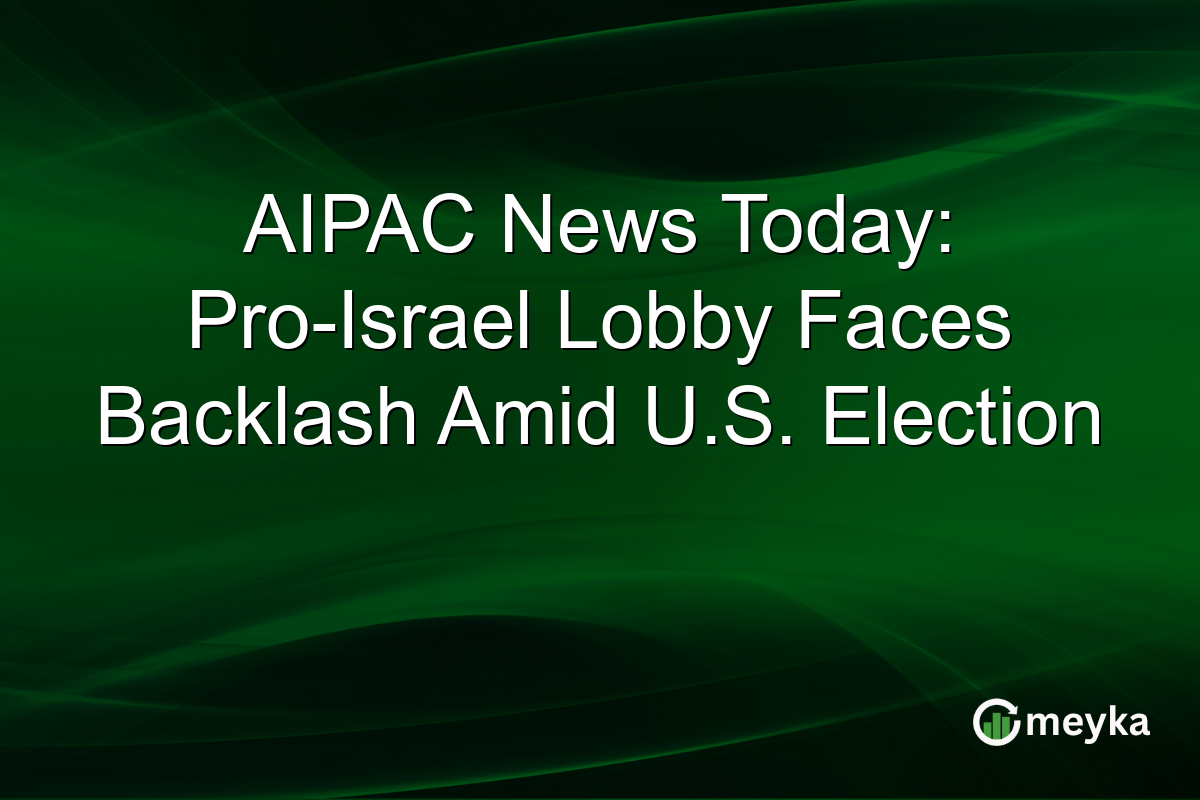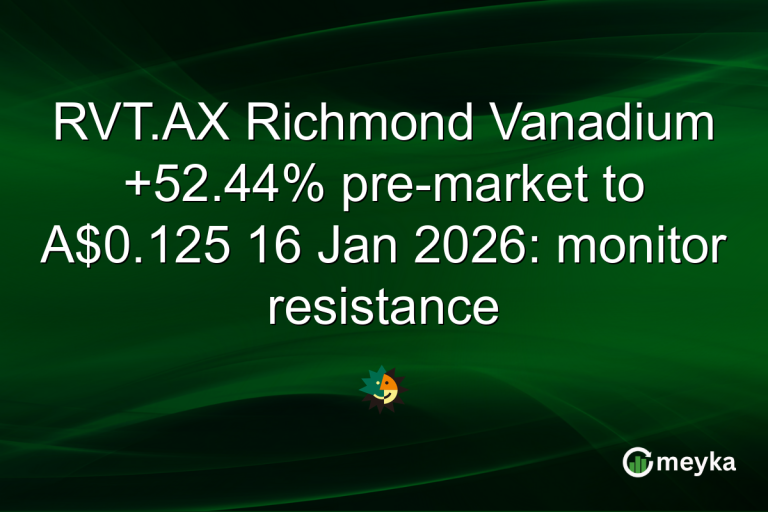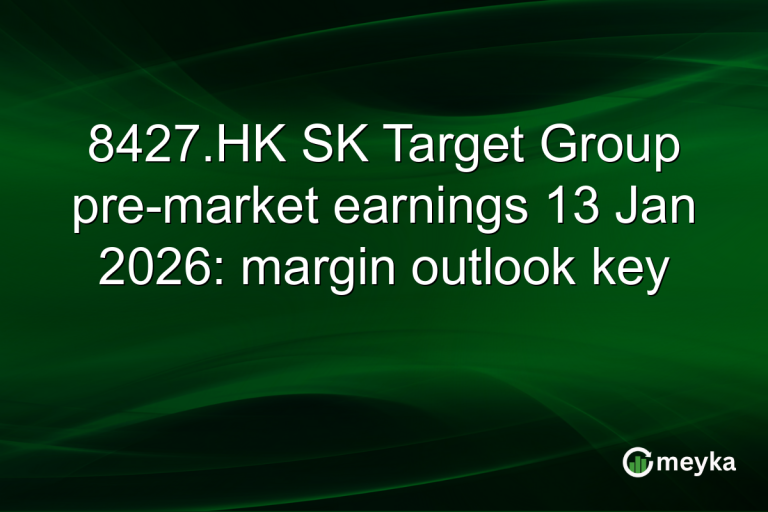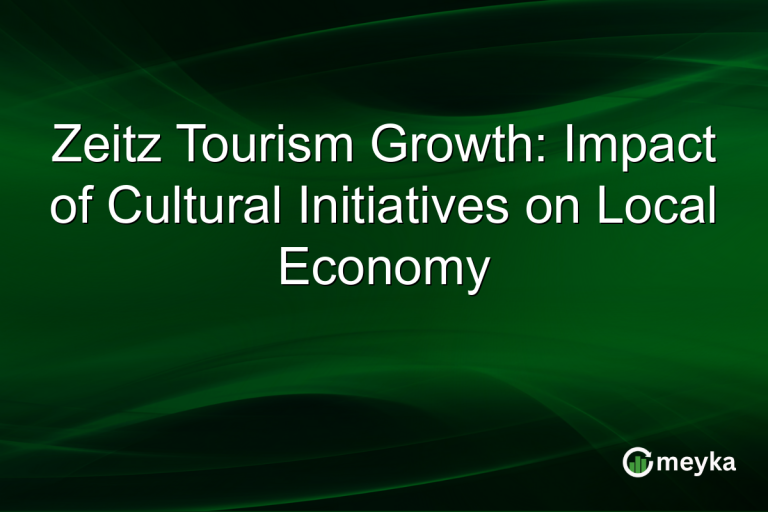AIPAC News Today: Pro-Israel Lobby Faces Backlash Amid U.S. Election
AIPAC, the influential pro-Israel lobby in the United States, is facing significant backlash as details surface about its financial involvement in the 2024 U.S. elections. The backlash concerns AIPAC’s lobbying strategies and their perceived influence on U.S. politics. Critics argue that the level of financial backing raises questions about foreign influence and transparency, fueling a growing public and media scrutiny.
The Influence of AIPAC in U.S. Politics
AIPAC, or the American Israel Public Affairs Committee, has long played a prominent role in shaping U.S.-Israel relations. It heavily invests in lobbying to influence U.S. policy in favor of Israel. This is a hot topic, especially as PACs expand their financial reach to sway election outcomes. AIPAC’s political influence is apparent as it strategically allocates funds to candidates who support its agenda. In the 2024 election cycle, AIPAC has reportedly spent millions on campaigns. This level of spending has intensified debates about transparency and the ethical implications of foreign policy influence. Recent media coverage, such as that from CNBC, highlights increasing scrutiny over AIPAC’s actions. The public’s focus remains on how these financial strategies affect election fairness.
Backlash and Controversy Surrounding AIPAC
The backlash against AIPAC primarily stems from its aggressive funding strategies that some view as disruptive to democratic processes. Critics argue that such heavy involvement borders on foreign influence, which could skew policy decisions. Transparency concerns also fuel this backlash. As AIPAC’s funding sources and allocations come under the microscope, demands for clearer accountability heighten. News outlets like Reuters, report rising calls for reform in lobbying laws to prevent disproportionate influence from any foreign-affiliated entities. This controversy has not just drawn public attention but also caught the eye of policymakers, sparking intense debate over potential legislative changes.
Implications for U.S. Elections
AIPAC’s aggressive involvement could reshape the upcoming election landscape. As 2025 approaches, the backlash raises questions about the lobbying framework in the U.S. Current laws might not adequately address the nuanced influence foreign-linked lobbies may exert on domestic policies. This scrutiny is expected to continue influencing voter opinion and political discourse. As we near the elections, candidates might face pressure to distance themselves from AIPAC’s financing to align better with voter expectations for transparency. Media attention like WSJ reports deepen the narrative, spurring discussion on how lobbies can shape policy and governance, and pushing for reforms to safeguard political integrity.
Final Thoughts
The controversy surrounding AIPAC’s financial strategies during the 2024 U.S. election underscores a significant challenge. This backlash highlights the delicate balance between effective lobbying and undue foreign influence in politics. As the elections draw closer, the call for reform in lobbying laws grows stronger, spotlighting a crucial aspect of U.S. governance. Critics and supporters alike are now faced with the question of how much influence is appropriate. Moving forward, the focus will likely be on ensuring transparency and integrity in the political process, with potential legislative changes on the horizon to mitigate excessive foreign engagement. In confronting these challenges, the American public and its policymakers must carefully navigate the fine line between advocacy and influence, ensuring the democratic process remains fair and representative.
FAQs
AIPAC stands for the American Israel Public Affairs Committee. It’s a pro-Israel lobbying group influential in U.S. politics. AIPAC works to strengthen U.S.-Israel relations and influence American policy decisions in favor of Israel.
AIPAC faces backlash due to its substantial financial involvement in U.S. elections, raising concerns about foreign influence and transparency. Critics argue its lobbying tactics may unduly sway policy decisions and influence democratic processes.
AIPAC’s influence affects elections by financially supporting candidates who align with its pro-Israel agenda. This can shape political discourse and policy, prompting scrutiny over the fairness and transparency of electoral processes.
Disclaimer:
This is for information only, not financial advice. Always do your research.






